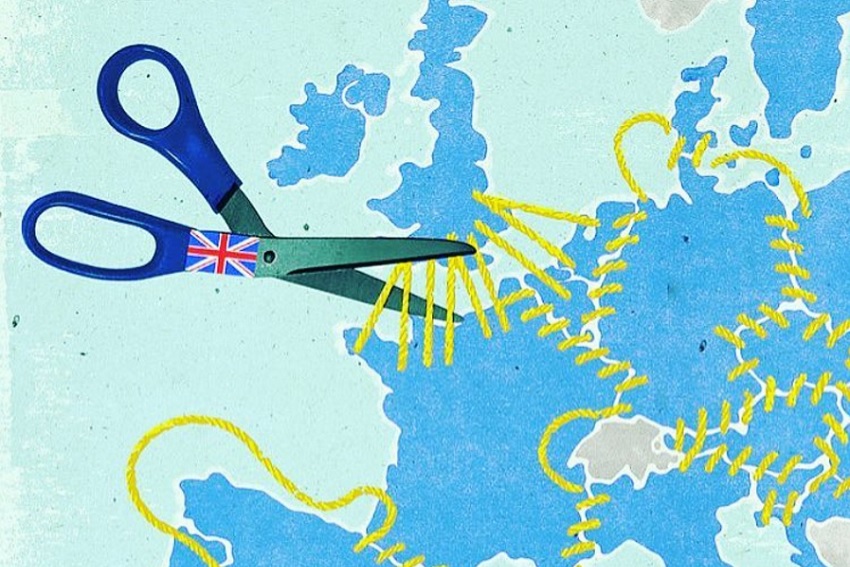Type in ‘Brexit’ to Google News and you get 78,000,000 results. That’s over 5 times more than news coverage on the NHS and around 78 times more results than the gender pay gap. Perhaps for this reason, Brexit articles became something I’d skip over. I was fed up of reading the extended date at which Theresa May planned to make a deal, the possibilities of a no-deal and how it would affect the financial sector; whilst all very important, it felt vague. I soon realised, however, that Brexit will affect almost everything and anything, from the price of cheese to being able to work and study abroad, everyone can find interest somewhere in Brexit. For me, with London Fashion Week in full swing, my interest was in the effects of Brexit on the British Fashion Industry after 90% of British Fashion Designers planned to vote Remain.
The UK fashion industry contributes almost £30 billion to the UK economy, but the future success of this industry is now in question as a result of Brexit. The main concerns surrounding the effect of Brexit on the UK fashion industry are trade, investment, recruiting skilled talent and EU funding. To begin with, trade and investment, around £10m worth of clothing is imported from Europe each year, making it the second largest supplier of clothing to the UK after Asia and Oceania. These goods may now face a tariff of 12% leading to higher clothes prices for UK consumers. Even clothes manufactured in Britain may cost more as imported materials will face a similar tariff.

Furthermore, the talent and skills in the UK fashion industry may be hit hard. There is 10,000 European staff currently working in the British fashion industry. These staff, including journalists, photographers, designers, and models require free movement. From journalists jetting to Milan to shoot the latest show to models traveling the globe for shoots including those entering the UK, fashion is an international phenomenon. The increased time and cost of moving these people across borders may make the UK an undesirable fashion hub.
Lastly, funding for the UK fashion industry may be affected as access to hundreds of millions of euros in EU funding could be lost thereby affecting the British Fashion Council, the Centre for Fashion Enterprise, London College of Fashion and University of Arts London. Loss of funding to the London College of Fashion could starve students to the global graduate opportunities which the funding sponsors. The British Fashion Council may even struggle to fund key events such as London Fashion Week as their funding is pulled. A lack of funding could, therefore, lead to a reduction not only in talent but equally in home-grown products and collections. However, the British Fashion Council has voiced its desires to continue working towards attracting international talent.
Whilst currently the pros of Brexit do not appear to outweigh the cons, Brexit has positively impacted the UK Fashion Industry in some ways. For example, Burberry reported a 30 percent rise in its UK sales as tourists took advantage of the weak pound. Like most things Brexit-related, the future success of the UK fashion industry is highly dependent on whether we end up on the path of a soft-Brexit or a hard-Brexit and is therefore still uncertain.
Chloe Pryce

